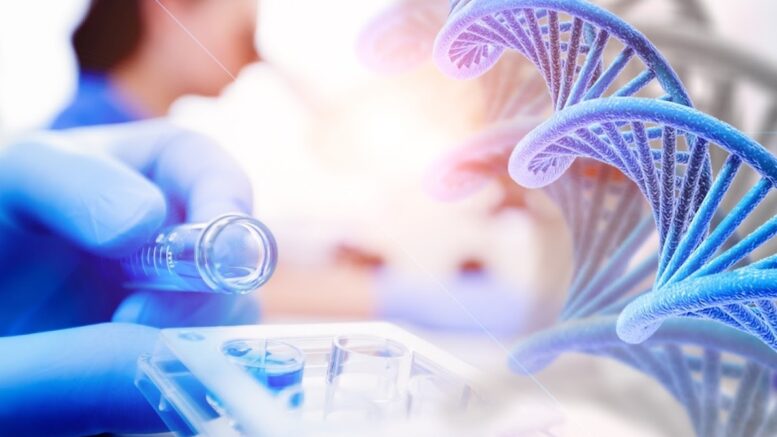In order to identify genetic defects in embryos created by in vitro fertilisation, a process known as preimplantation genetic testing (PGT) is utilised. Embryos are subjected to PGT before being placed inside the uterus. PGT aims to lessen the likelihood of transferring an embryo with a certain genetic disease or chromosomal abnormalities.
Pros and cons of preimplantation genetic testing
Preimplantation genetic screening has advantages such as:
More than 400 distinct genetic disorders are tested for: The preimplantation genetic screening approach identifies genetic abnormalities based on the traits of the donor biological pair. Based on your medical history, your doctor might advise a certain test. You could also be able to order your tests if you have particular concerns about your family history.
More couples are able to conceive biological children thanks to the PGD screening process: If preimplantation genetic screening is not carried out, there is a fairly good risk that future children will have a health issue. You have a 50% chance of inheriting the gene if one of your biological parents suffers from an autosomal dominant disorder. There is a 25% possibility of a health issue with autosomal recessive disorders during each pregnancy, and a 50% chance that the child will become a carrier.
The Cons of Preimplantation Genetic Screening include:
Results from PGD screening can take a while to come in:- it could take up to four weeks from start to end to receive the information you require. You must successfully retrieve the eggs, gather the sperm, and fertilise them. Each embryo typically takes five days to grow, while certain cells can be surgically removed in under 72 hours. You’ll have up to 14 days of testing following that before meeting with your doctor to discuss the results.
Some embryos are never viable enough to retrieve cells from: Preimplantation genetic screening is only effective when an embryo matures into a blastocyst. Usually, healthy embryos do not develop to this stage. Older individuals typically struggle with this step of the operation because they have fewer eggs, which reduces their chances of success.
The benefits of PGT
It establishes whether an embryo has the appropriate number of chromosomes or not. It might be capable of:-
- Reduce the possibility of having an embryo with a defect, which can occur in women of any age who have conceived naturally or through IVF and cause miscarriage or treatment failure.
- Assist you in using the least amount of IVF cycles to successfully conceive.
- If PGS finds that all of your embryos are faulty, you might want to look into other family-building options, such as using donor sperm and donor eggs, to help you avoid future unsuccessful IVF cycles and pregnancies.
